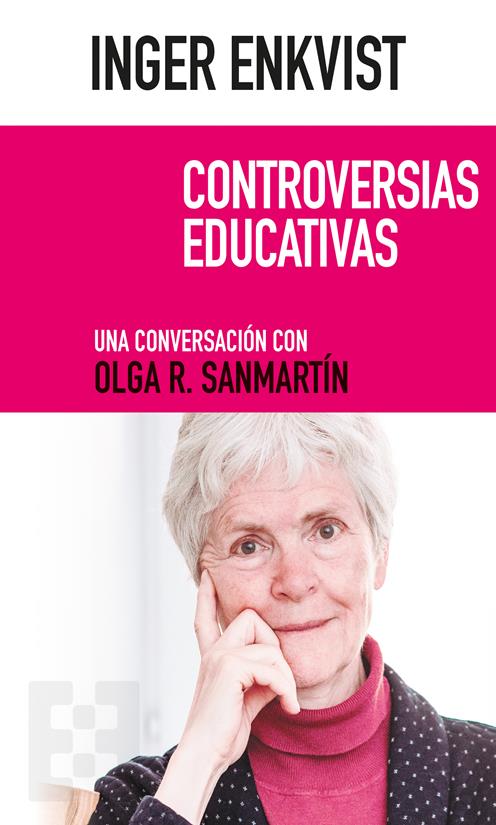
Publicado 2022-03-30
Palabras clave
- Singapur, modas educativas, exigencia, esfuerzo, disciplina, memoria, enseñanza de la lengua oficial, conocimientos, gurús educativos, igualitarismo, politización.
- Singapore. educational fashions. requirement. effort. discipline. memory. teaching of the official language. knowledge. educational gurus. egalitarianism politicization.
Cómo citar
Resumen
Modas, tópicos y conceptos manidos se han apoderado de la escuela. Se dice que ya no tiene sentido aprender las cosas de memoria porque están en Google. Se repite que los alumnos deben ser protagonistas de su proceso de aprendizaje guiados por el profesor y se insiste en que lo importante son las habilidades y no los conocimientos.
Contra todo este enfoque pedagógico muestra su desacuerdo tajante la experta sueca Inger Enkvist a través de una larga e intensa conversación con la periodista del diario El Mundo, Olga Sanmartín Ambas llevan a cabo un itinerario por las cuestiones más polémicas del debate educativo español: el modelo comprensivo frente a los itinerarios, equidad versus calidad, sistema público y educación privada, descentralización autonómica y competencias del Estado, laicismo y libertad de elección de los padres, tecnología y humanidades, reválidas contra la falta de exigencia, la FP o la Universidad…
Critica que la educación es España esté tan ideologizada y que se acepten verdades teóricas sin el más mínimo contraste empírico ni evidencias científicas. Propone que se eviten los argumentos emocionales y se prestigie la figura de los profesores, se potencia su formación y se incentive su desempeño.
Defiende sin ambages la enseñanza y uso de la lengua como principal elemento formativo: “sin el desarrollo del lenguaje el alumno no está siendo educado”.
Pone en evidencia que los modelos supuestamente progresistas no han conseguido mejorar ni la equidad ni la calidad ni la igualdad de oportunidades y, a cambio, lo han conseguido países no tan democráticos como Singapur u otros del este asiático donde se ha igualdad hacia arriba el nivel de todo el alumnado.
